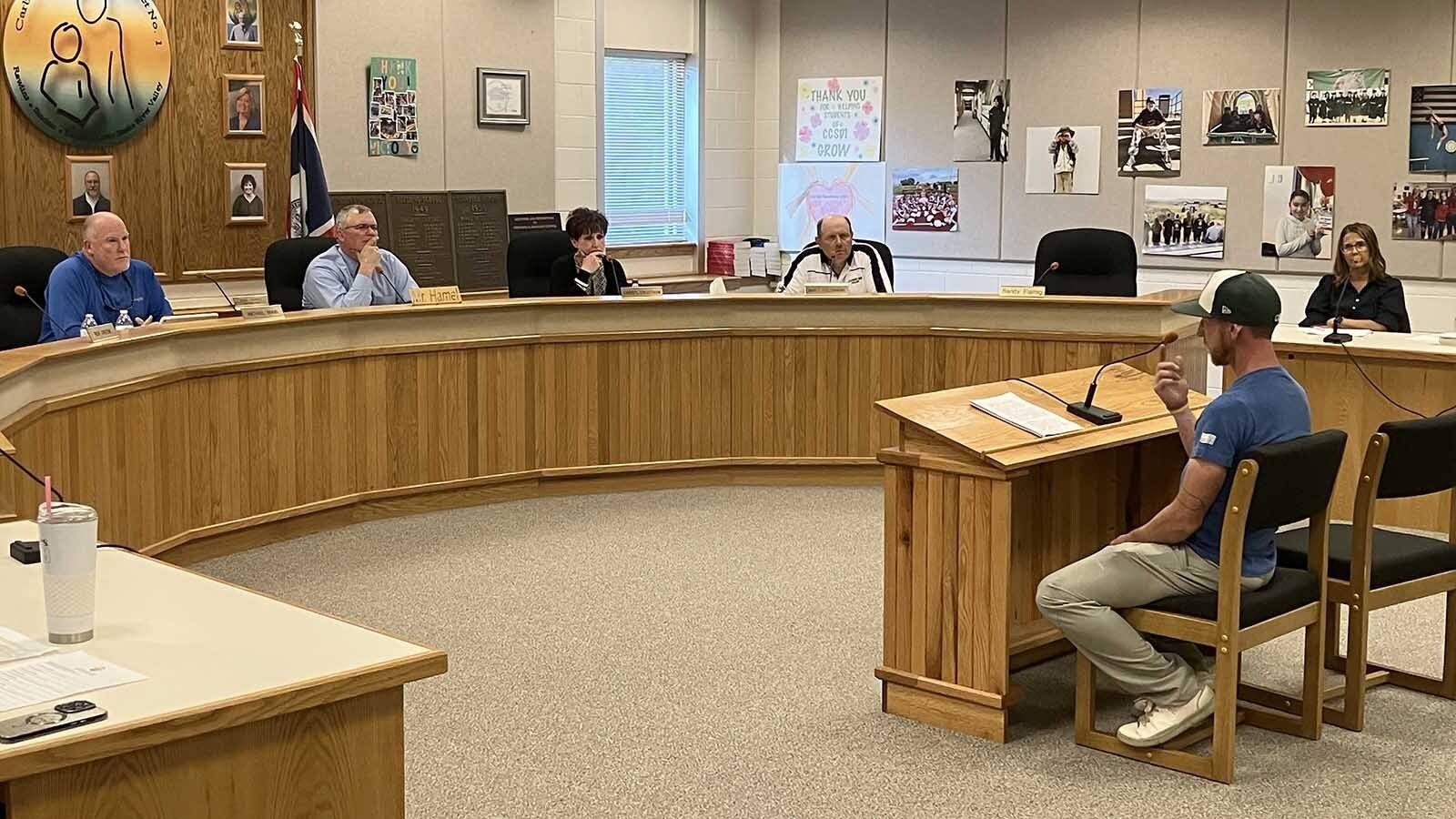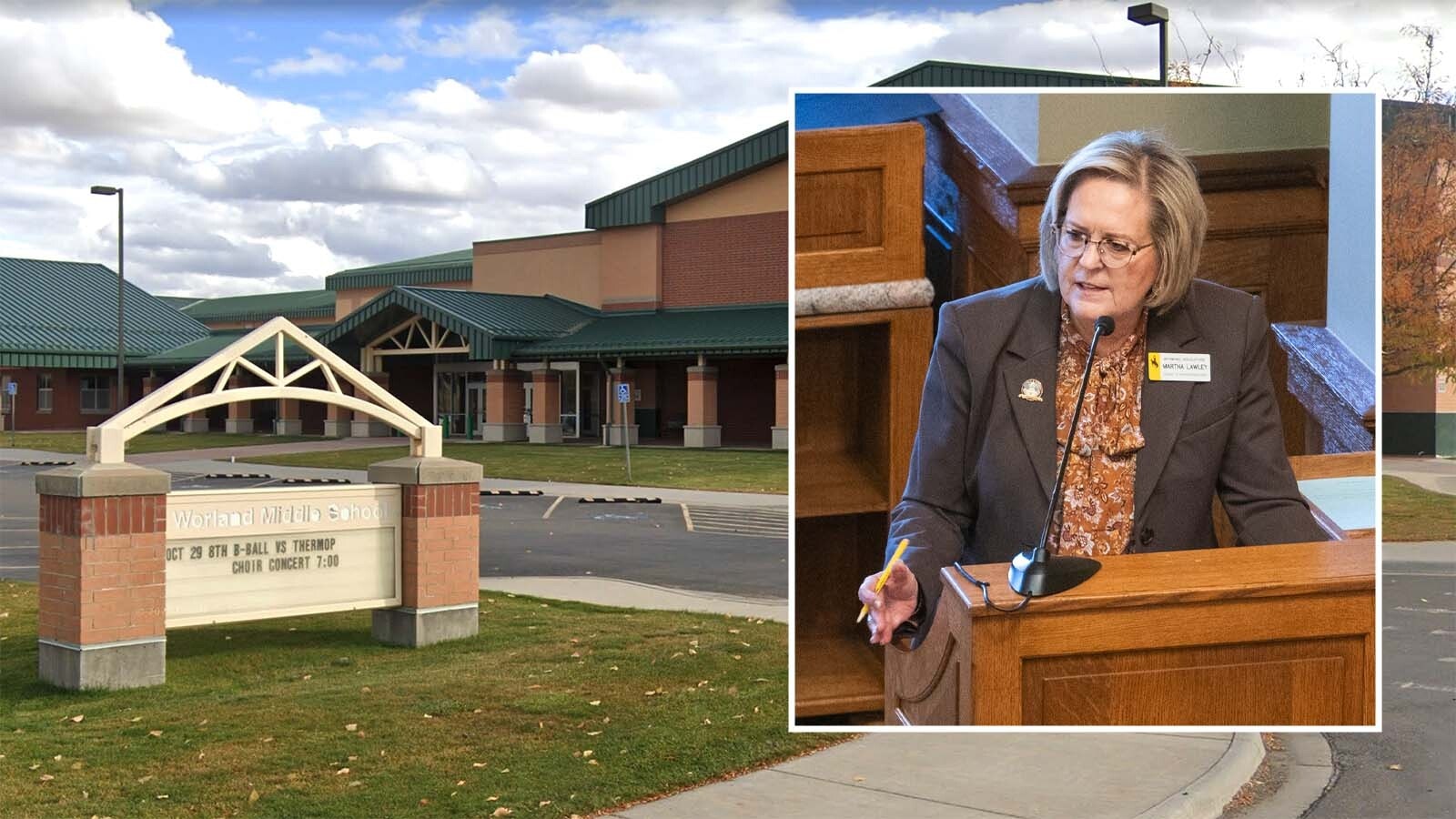After the U.S. Department of Agriculture promised in court on Sept. 9 that it wasn’t trying to leverage gender-identity mandates using school lunch money, the 21 states suing it sharply disagreed.
In a 36-page rebuttal filed Friday in federal court, the states suing USDA say the agency’s actual policies contradict its promises not to mix bathrooms, dressing rooms and sports; and not to force transgender pronoun usage on state employees.
“If (food service) were the only practice touched by USDA’s rules, the States would drop this lawsuit,” wrote the suing states in their counterargument Friday. “But that is not what the (new policies) say. Instead, those documents require the States to espouse and adopt broader nondiscrimination polices that purportedly stretch beyond (foods access).”
USDA this spring and summer launched rules proclaiming “sexual orientation and gender identity” as protected groups under the federal civil rights law Title IX. They also ordered all agencies receiving USDA food and nutrition funds to update their nondiscrimination statements to include the new terms.
The Wyoming Department of Education is among those facing the USDA’s new policies, since the department receives about $40 million per year in Food and Nutrition Services funding from the USDA. But Wyoming is not one of the states suing the agency because it doesn’t have laws conflicting with the new gender-identity policies.
The states’ suit against USDA mirrors its earlier case against the U.S. Department of Education, which also tried to insert sexual orientation and gender identity protections into Title IX. But the U.S. District Court for Eastern Tennessee, which also is presiding over the case against the USDA, has paused the Department of Education’s change of Title IX in a preliminary injunction.
At least a handful of Wyoming schools are watching the court proceedings with interest, as the standing federal interpretation of Title IX could extend to every school accepting federal funding.
‘Merely Reminding’
The USDA in its Sept. 9 filing said it not trying to foist transgender bathroom access or pronouns on state institutions; rather, USDA said it was only trying to preserve transgender and gay people’s access to federally-funded food, and that it was “merely remind(ing) stakeholders of the meaning of sex discrimination.”
USDA based its rule change on Bostock vs. Clayton County, a 2020 court case ruling that Title VII, a different portion of federal civil rights law, includes protections for sexual orientation and gender identity so that employers cannot fire people for being gay or transgender.
The states disagreed with that defense altogether, claiming the USDA tried to “sneak … new anti-discrimination requirements” into Title IX, a portion of law that applies to schools and affects school facilities.
“Whether mentioned directly or not, the new rules do implicate facilities and other sex-based policies by banning gender identity discrimination on the ‘institution(al) level,’” the states wrote.
The USDA had based part of its argument on the 2020 federal Fourth Circuit Court appeals case Grimm vs. Gloucester County School Board. The court in that case said that schools in that circuit are required to guarantee cross-gender bathroom access for transgender students.
The states said USDA’s use of this case to make its point discredited the USDA’s claim that it doesn’t intend to force cross-gender bathroom use upon state institutions and schools.
‘Separate Living Facilities’
The states pointed to congressional language used to enact Title IX, which states: “Nothing contained herein shall be construed to prohibit any educational institution … from maintaining separate living facilities for the different sexes.”
The states also called USDA’s new policies “arbitrary and capricious.”
In the face of a USDA argument saying that state governments aren’t protected by the First Amendment because they’re governments, the states again countered, saying they should not be forced by the federal government to force unconstitutional policies onto their employees, whose First-Amendment rights should be protected.





